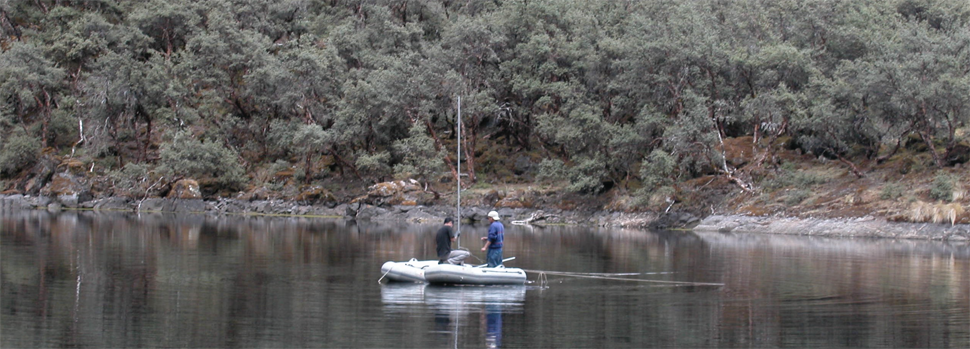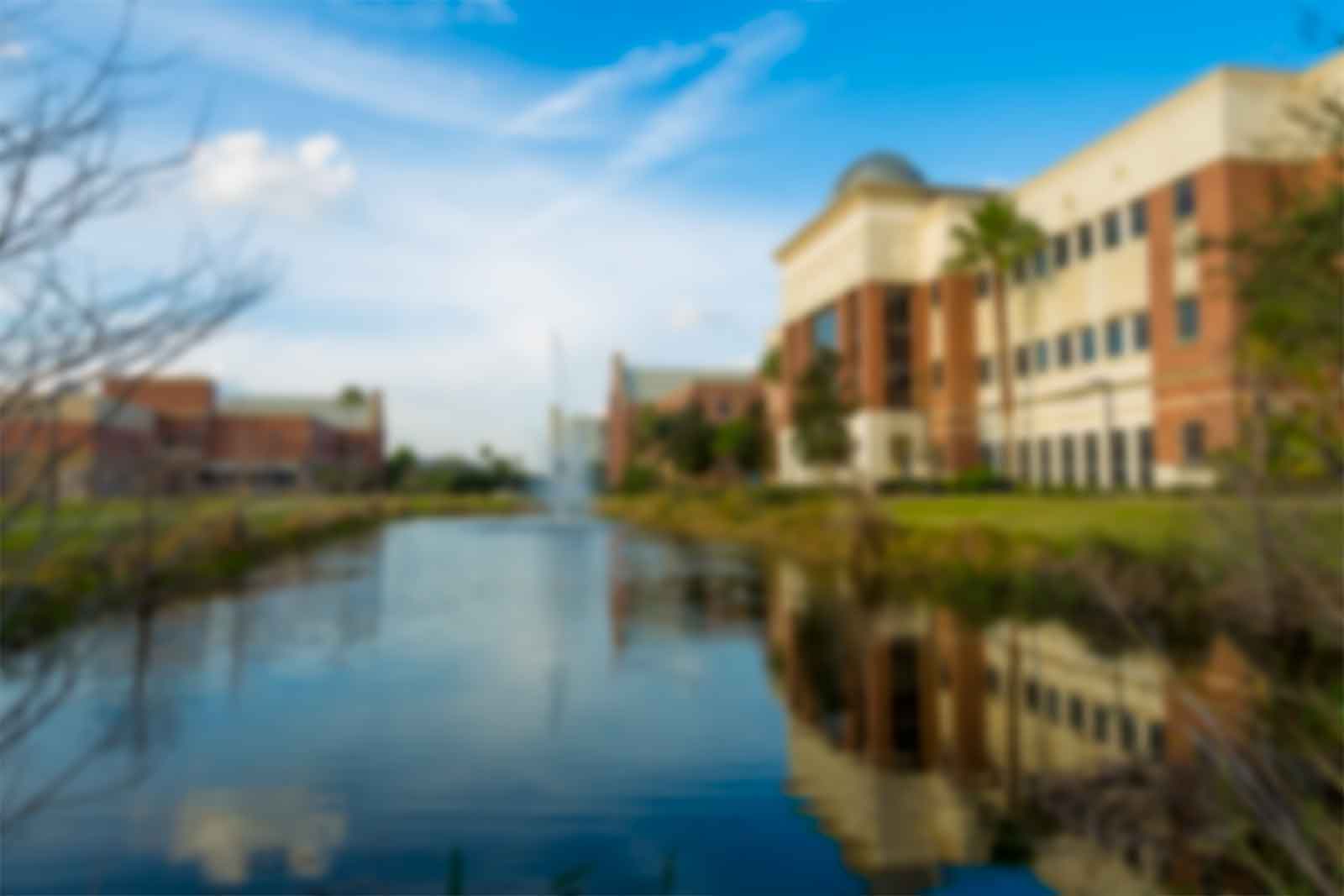Paleoecology
Paleoecology is the study of past ecosystems. To us, 'the past' can be anything from the last decade to a million years ago, and the period that we study just depends on the question we want to answer. This is an exciting time to work on Paleoecology in South America. There are many unresolved questions ranging from: 'How resilient are rainforests to climate change?' through 'Did humans cause the extinction of the megafauna?' to 'Can super-warm times of the past help us to understand our future?'. We study the impact of climatic change on plant communities in tropical Central and South America. Successful conservation of tropical biodiversity requires that we understand the mechanisms controlling habitat and species distributions. Two potent forces induce changes in these distributions: climate change and human activities. Our research uses paleoecology to understand the changing patterns of tropical biodiversity and how people have, and are, impacting it.
Through the study of fossil pollen, diatoms, and charcoal, we reconstruct the history of habitats in tropical South America. These paleoecological records allow us to reconstruct past climate change and relate it to patterns of biodiversity, speciation, and human occupation. From these observations we contribute to the current debate on global climate change and species conservation.
.jpg)
Amazon canopy.
To gain these data we must locate and visit ancient lakes in the neotropics. The lake sediments hold a history of the surrounding landscape since the formation of the lake. A core of those sediments provides us with a complete history of that location. We raise the cores using a backpackable coring rig. As many of these lakes lie in some of the most remote locations on Earth, the fieldwork is arduous and not for the faint-hearted. Although the coring is an important and exciting facet of our work, the great majority of our time is spent in intensive laboratory work counting and identifying fossil pollen, charcoal, and diatoms. We conduct statistical analyses incorporating the latest methodologies, which include geographic information systems approaches and, multivariate and Bayesian analyses.

Raising a sediment core from an Andean lake from a raft of rubber boats.
Our principal goal over the next few years will be to raise new sediment cores that will allow us to test hypotheses of climate change and human history in the Amazon and the Andes. Our work is funded by grants from the National Science Foundation, NOAA, and the National Geographic Society.
Lake Cube, Ecuador.

 Give to Florida Tech
Give to Florida Tech 
.JPG)